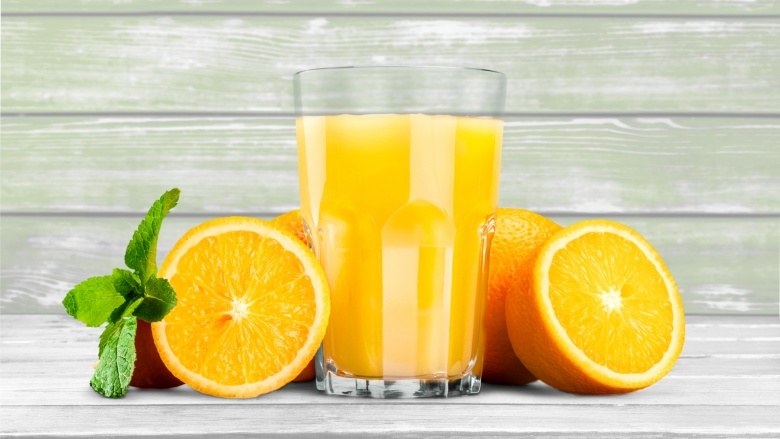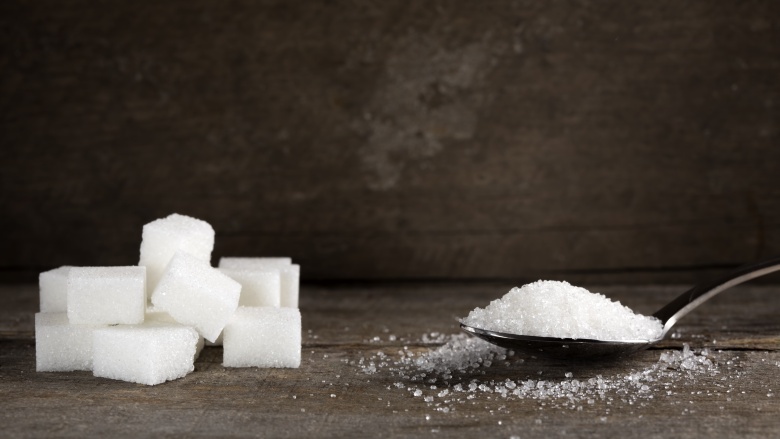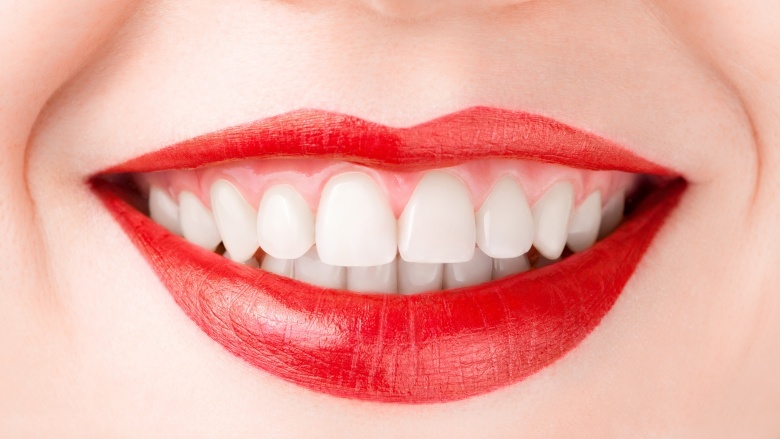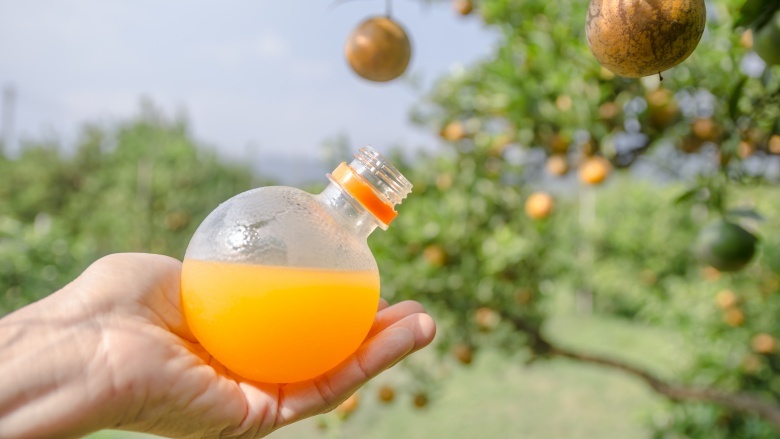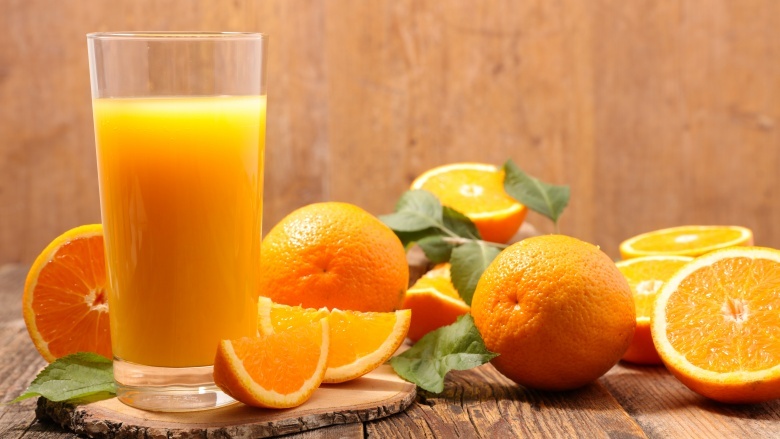What You Should Know Before Taking Another Sip Of OJ
Orange juice is kind of a breakfast tradition, right? Or at least that's the picture we paint when we visualize breakfast as it should be. But before you go guzzling OJ by the gallon, there are a few things you should know about your favorite cold breakfast beverage. It may not be all it's cracked up to be.
It's loaded with sugar
You might think you're making a healthy choice by reaching for a glass of orange juice. Makes sense — it's made with oranges, right? But the fact is orange juice is overall not a healthy beverage choice, mostly because it's loaded with sugar. Just one 12-ounce glass of OJ contains about nine teaspoons of sugar — about the same as a can of soda. That's an enlightening number, when you think about it. Would you crack open a can of Coke with your breakfast and think you were making a healthy choice? Probably not.
It's bad for your teeth
Any citrus juice, including lime, lemon, grapefruit, and orange, is high in citric acid. Drinking these juices frequently can contribute to erosion of the enamel in your teeth, which may eventually lead to decay. If you value your pearly whites, slow down on your OJ intake — or at least brush your teeth as soon as you're done.
It's not that fresh
If you buy your OJ from the grocery store, you've probably noticed that juice is either labeled as "from concentrate" or "not from concentrate." Common knowledge teaches us that choosing the not-from-concentrate option is probably fresher, right? Bad news: even that not-from-concentrate juice is far from fresh, and not 100 percent juice. In fact, most commercially sold orange juice can be stored for up to a year before it makes its way to the shelves at your local store. So much for fresh from the grove! Since oranges are a seasonal product, it makes sense that it has to be stored for long periods of time to be sold year-round, but it still alters the picture of "fresh" you probably have in mind when thinking about orange juice.
So many additives
Since orange juice is often stored for long periods of time, certain steps must be taken to ensure it's stable for that long. To do that, it might be heated or stripped of oxygen — both ways are effective means of stretching the expiration dates on OJ. Unfortunately, both methods also strip the juice of much of its flavor. In order to get the flavor back, most companies use flavor packs to make the orange juice taste like, well... orange juice. These flavor packs are often designed by the same companies that create perfumes, and though they technically are made up of orange essence and oil, they do contain chemicals like ethyly butyrate, as well as esters and aldehydes. Basically, they take all of the natural substances lost from the juice during the processing, break it down into simple chemical components, and then put it back into the juice when it's ready to be sold. The best way to avoid all these additives? Skip the store-bought stuff and just make your own.
Its popularity is declining
Maybe it's our love for coffee, or maybe it's the fact that Americans have smartened up about their sugar intake. Whatever the reason, orange juice manufacturers are feeling the squeeze. In fact, orange juice consumption has fallen steadily each year since at least 2000, with no evidence of an upswing.
OJ is getting more expensive
Due to a citrus disease spread by insects, most of Florida's orange groves aren't doing so well these days. The disease, called citrus greening, causes the fruit production of orange trees to decline. The produce that does appear is often smaller than standard fruit, may drop from the tree too early, and may stay an early green color instead of turning orange. Because this disease has seriously affected Florida groves in recent years, orange production is way down, forcing the price of our beloved OJ to go way up. Simply put, that means that if you really love orange juice, you're going to have to pay big to keep up your habit.
